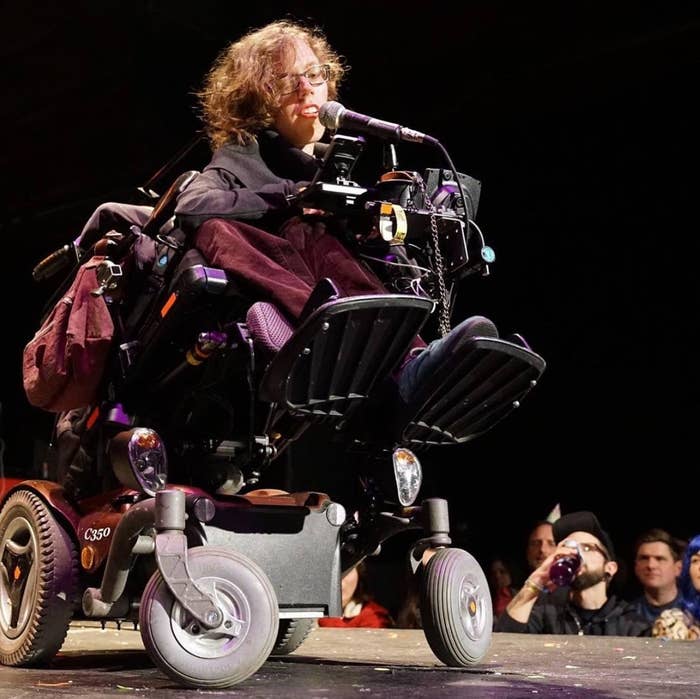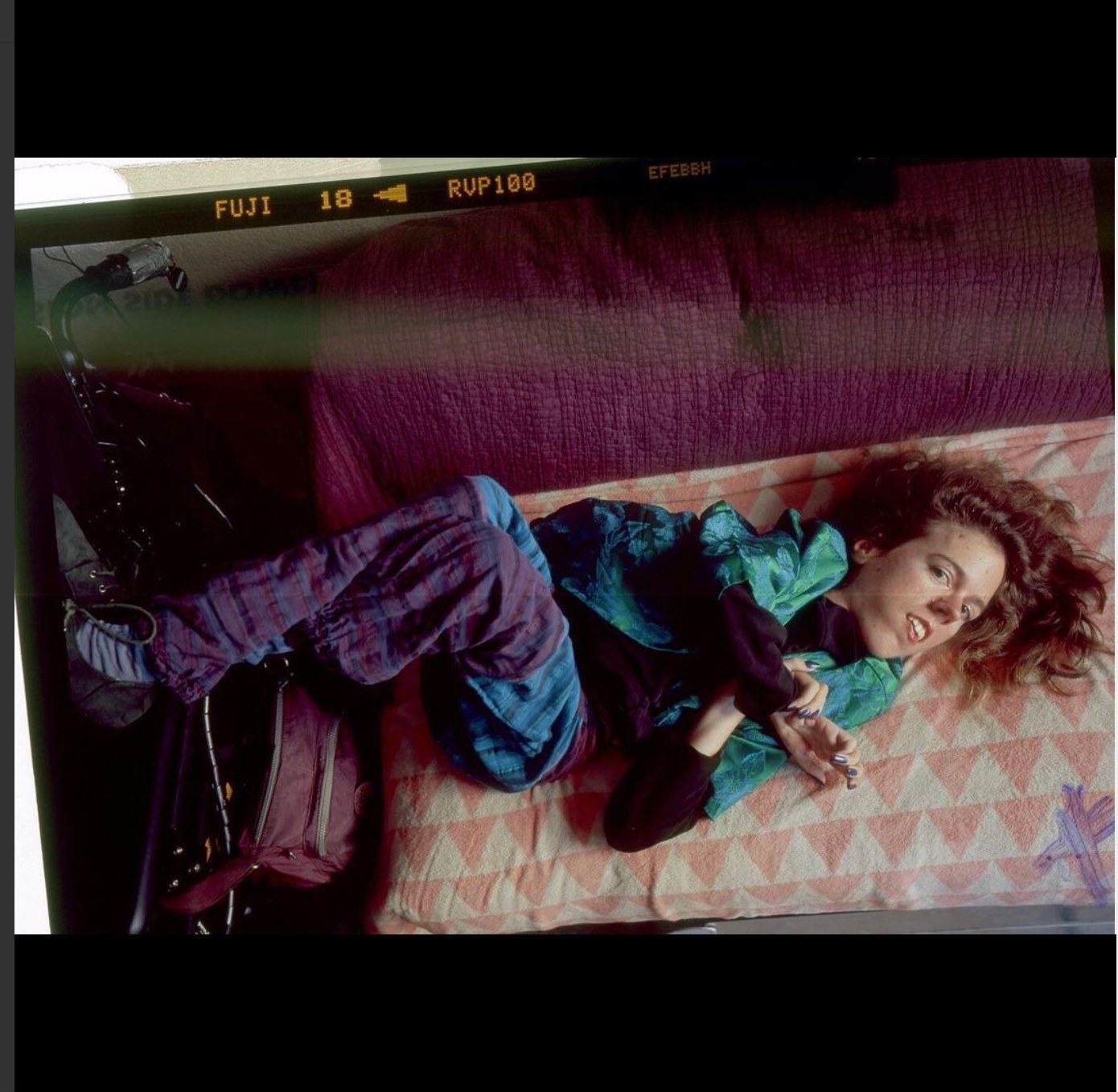When Jade Theriault was a first-year in college, one of the staffers in her residency program for folx with disabilities was an eccentric female who liked asking Theriault a lot of personal questions. Some of these questions bordered on TMI.

For many folx in the US living with disabilities like Jade, sex education isn't always up to par or sometimes isn't given at all.
For the 61 million Americans who live with a disability, lack of access to resources and education is a major barrier to enjoying a sex life that is filled both with pleasure and satisfaction according to Evan Sweeney, a sex and disability educator at Cripping Up Sex With Eva.
What are some other struggles that individuals with disabilities face when it comes to sex education and sexual freedom? Let's dig a little deeper, take a closer look, and see how folx can potentially deal with them and enhance their sex lives.
One major challenge is society's misconceptions. Trista Marie McGovern — who is a queer writer with disabilities, model, photographer, and advocate — finds that the biggest challenge people with disabilities face with their sex lives is rooted in society's perception and actually having to educate those around them about disability and sexuality.
What other misconceptions do people have? There are plenty. Society also tends to think that people living with disabilities only have sexual relationships with other folx living with disabilities, explains Holly Wood, a clinical sexologist with San Francisco Intimacy and Sex Therapy Centers. This way of thinking identifies someone as having a disability first and as a person — or sexual being — second.
Another misconception is that individuals with disabilities are always asexual. They're often not seen and/or treated as children. And in turn, they are thought to not have sex lives or sex drives at all. "Society often infantilizes disabled people so it is hard for us to be seen as sexual," says Sweeney.

